Will Brexit price Apple’s MacBook Pro out of enterprise IT?
Apple hauls up MacBook Pro price by 45%, despite IT budgets shrinking
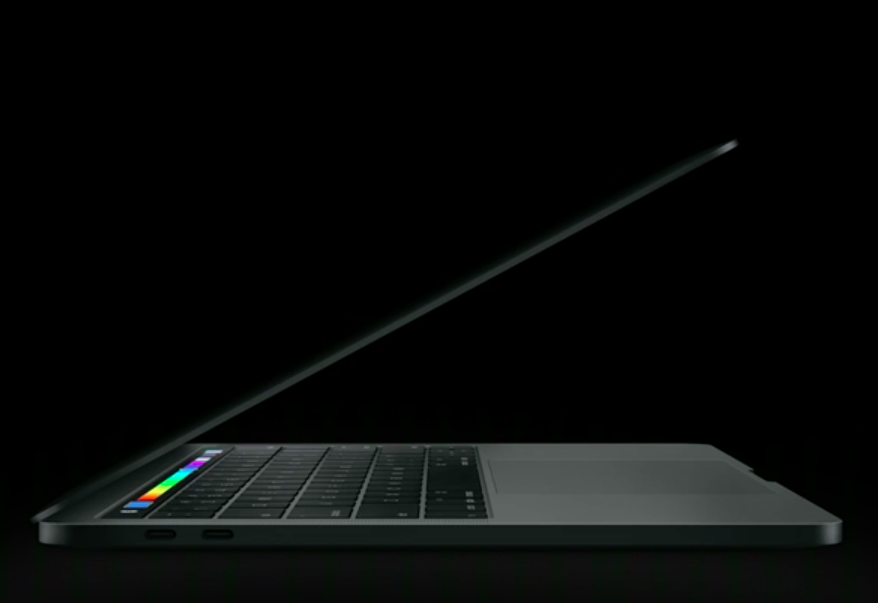
Sign up today and you will receive a free copy of our Future Focus 2025 report - the leading guidance on AI, cybersecurity and other IT challenges as per 700+ senior executives
You are now subscribed
Your newsletter sign-up was successful
Apple has raised the prices of its laptop range up by as much as 45% following Brexit, a move that could damage its push into the enterprise.
The tech giant released three new MacBook Pros at its Cupertino headquarters yesterday, with the latest 13in and 15in notebooks featuring an OLED Touch Bar that lets users customise function keys and Touch ID for more secure logins.
Another 13in model, without Touch Bar, but with 2.7GHz and 128GB storage, costs 1,249 - a 25% price hike over the equivalent 2015 model, which was priced at 999.
The 13in Pro featuring a Touch Bar, 2.9GHz and 256GB costs 1,749 - 45% more than the equivalent 1,199 model released in 2015. Meanwhile the most expensive 15in Pro, featuring 2.7GHz and 512GB, costs 2,699, a 35% hike on its 2015 equivalent's 1,999 price tag.
Sterling's current ratio to the dollar is 1 to $1.22, making a 22% rise in prices understandable indeed, many other tech companies have already increased prices but it's also possible Apple is proofing its new flagship laptops against any further devaluation in the British pound.
Elsewhere, 20% price rises have hit the Mac Mini - going from 399 on Wednesday to 479 yesterday, according to the Telegraph.
The 13in MacBookAir's price rose from 849 on 23 October, to 949 today, IT Pro has confirmed.
Sign up today and you will receive a free copy of our Future Focus 2025 report - the leading guidance on AI, cybersecurity and other IT challenges as per 700+ senior executives
IT Pro has asked Apple why it is raising its UK prices, but has not yet received a reply.
The move is likely to harm Apple's efforts to position its already premium devices as enterprise IT contenders.
The tech giant has built a $25 billion B2B empire on the back of its ubiquitous iPhone and its popular MacBooks through partnerships with software vendors like IBM and Box.
ButIT directors expect their spending budgets to decrease by around 5% year-on-year in 2017, according toa Spiceworks survey, raising questions over businesses' buying power for high-end equipment.
One CIO told our sister site, Alphr, that the latest price hike has cost Apple 100,000 in IT spend he now plans to take elsewhere.
Other companies including Microsoft, Dell and Intel are all raising their costs too, however, with Azure prices due to rise 22% in January 2017, and on-premise software up by 13%.
-
 AWS CEO Matt Garman isn’t convinced AI spells the end of the software industry
AWS CEO Matt Garman isn’t convinced AI spells the end of the software industryNews Software stocks have taken a beating in recent weeks, but AWS CEO Matt Garman has joined Nvidia's Jensen Huang and Databricks CEO Ali Ghodsi in pouring cold water on the AI-fueled hysteria.
-
 Deepfake business risks are growing
Deepfake business risks are growingIn-depth As the risk of being targeted by deepfakes increases, what should businesses be looking out for?
-
 Protecting CIOs' IT budgets is "paramount" in maintaining business growth
Protecting CIOs' IT budgets is "paramount" in maintaining business growthNews If CIOs are forced to make emergency budget cuts, they should also explain the risks to high level stakeholders so the responsibility is shared
-
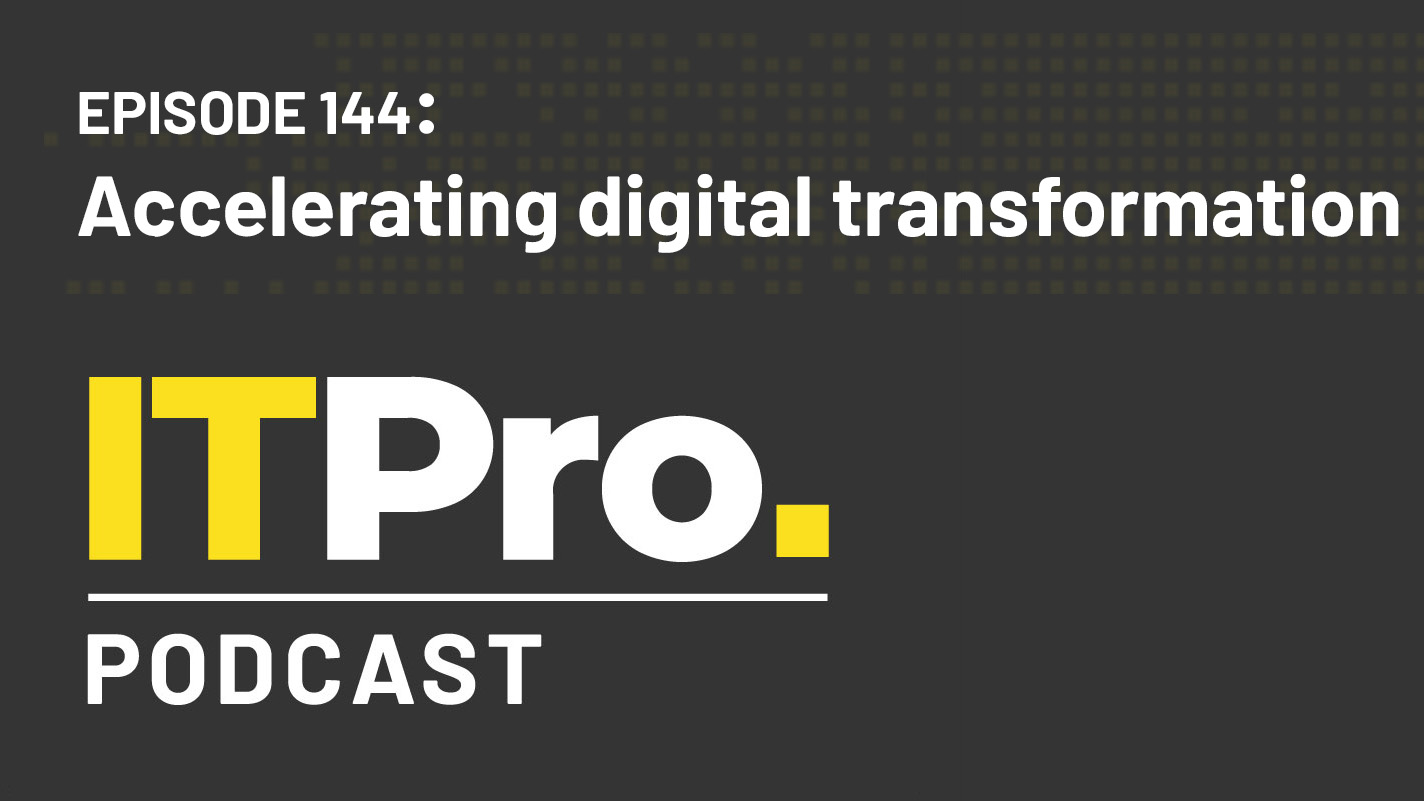 The IT Pro Podcast: Accelerating digital transformation
The IT Pro Podcast: Accelerating digital transformationIT Pro Podcast Implementation is just as important as the value of change
-
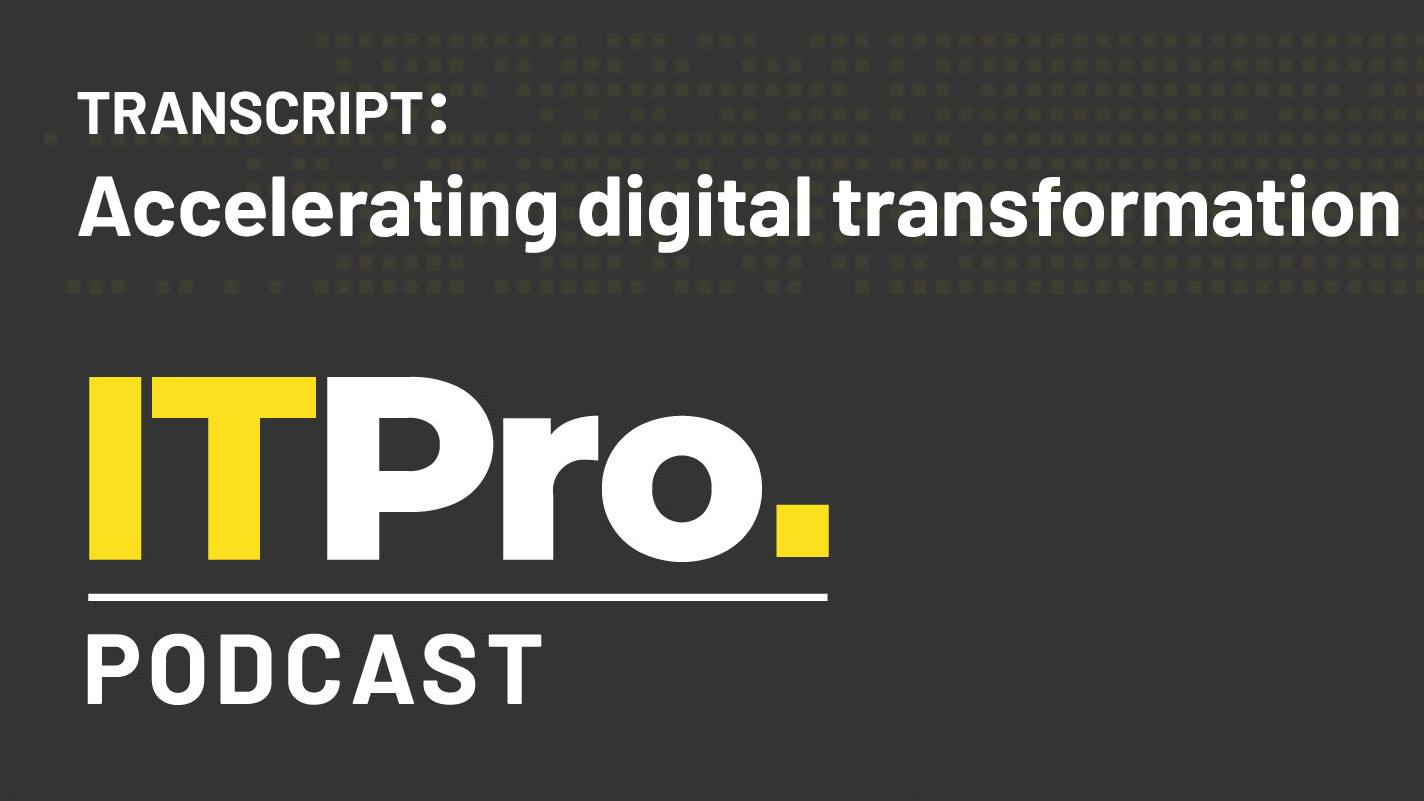 Podcast transcript: Accelerating digital transformation
Podcast transcript: Accelerating digital transformationIT Pro Podcast Read the full transcript for this episode of the IT Pro Podcast
-
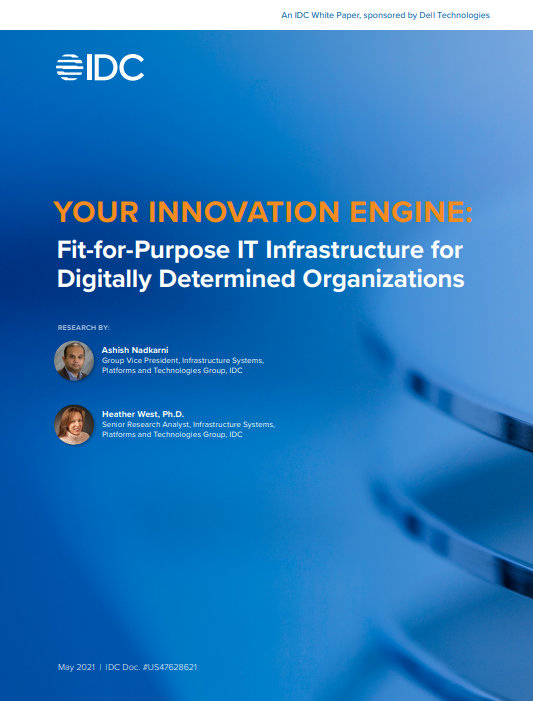 Fit-for-purpose IT infrastructure for digitally determined organisations
Fit-for-purpose IT infrastructure for digitally determined organisationsWhitepaper Your innovation engine: Guiding organisations through change in the new digital economy
-
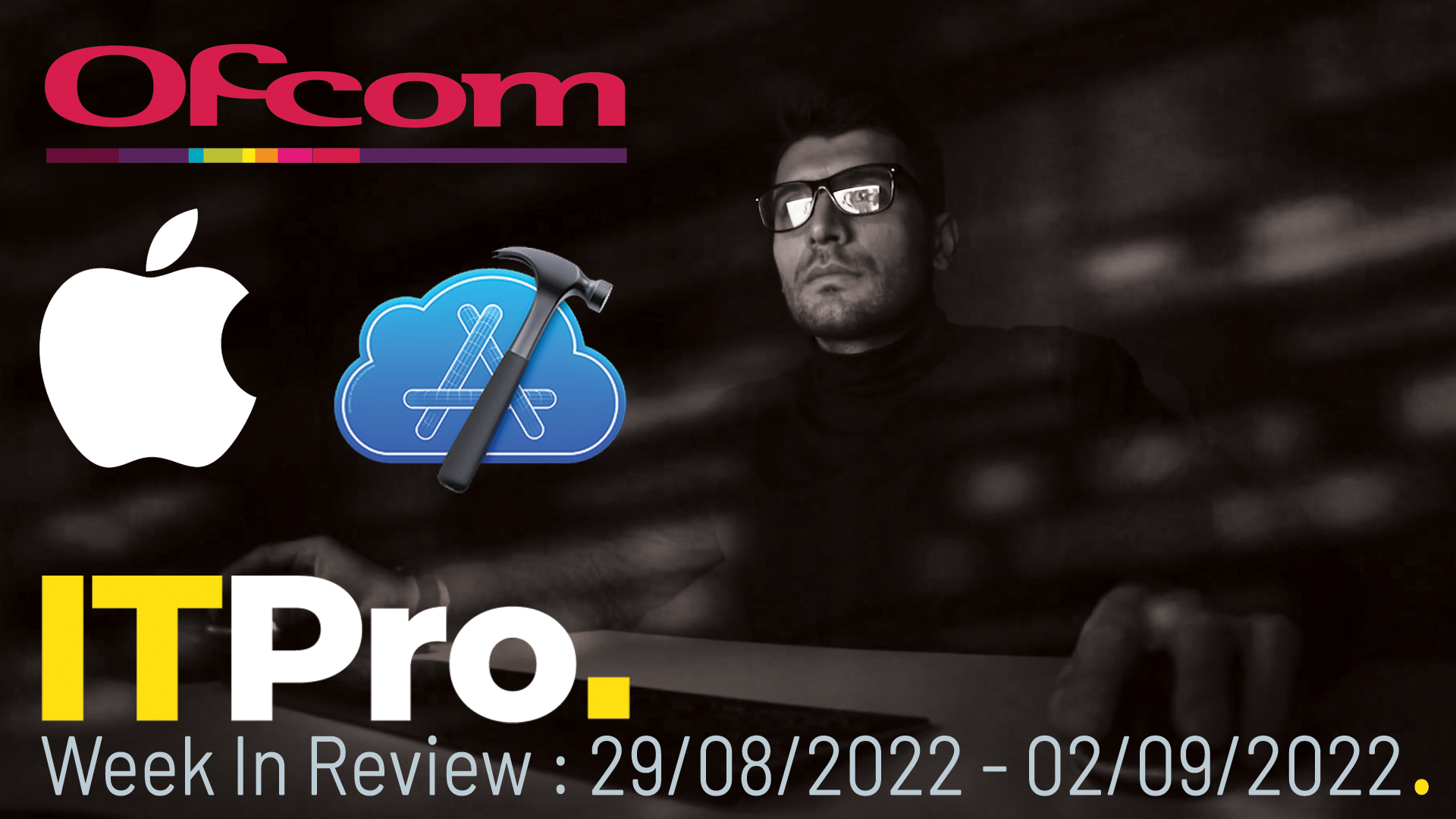 IT Pro News in Review: CIOs face a challenge, Ofcom's telecom fines, Apple expands Xcode
IT Pro News in Review: CIOs face a challenge, Ofcom's telecom fines, Apple expands XcodeVideo Catch up on the biggest headlines of the week in just two minutes
-
 CIO role has 'drastically changed' over last 24 months, says Lenovo
CIO role has 'drastically changed' over last 24 months, says LenovoNews Globally survey suggests chief information officers have greater influence over their company now the role has expanded beyond technology
-
 How can CIOs help to close the tech skills gap?
How can CIOs help to close the tech skills gap?In-depth The most well-equipped IT leaders can take a number of practical steps to close the divide within their organisations
-
 What is a virtual CIO (vCIO) and does your business need one?
What is a virtual CIO (vCIO) and does your business need one?In-depth With tech skills in short supply, organisations are turning to temporary expertise to see through critical digital transformation projects